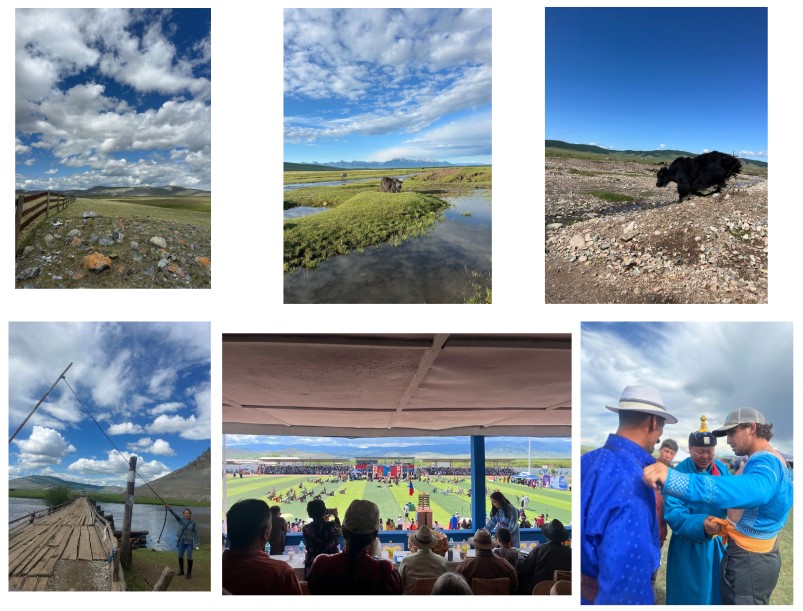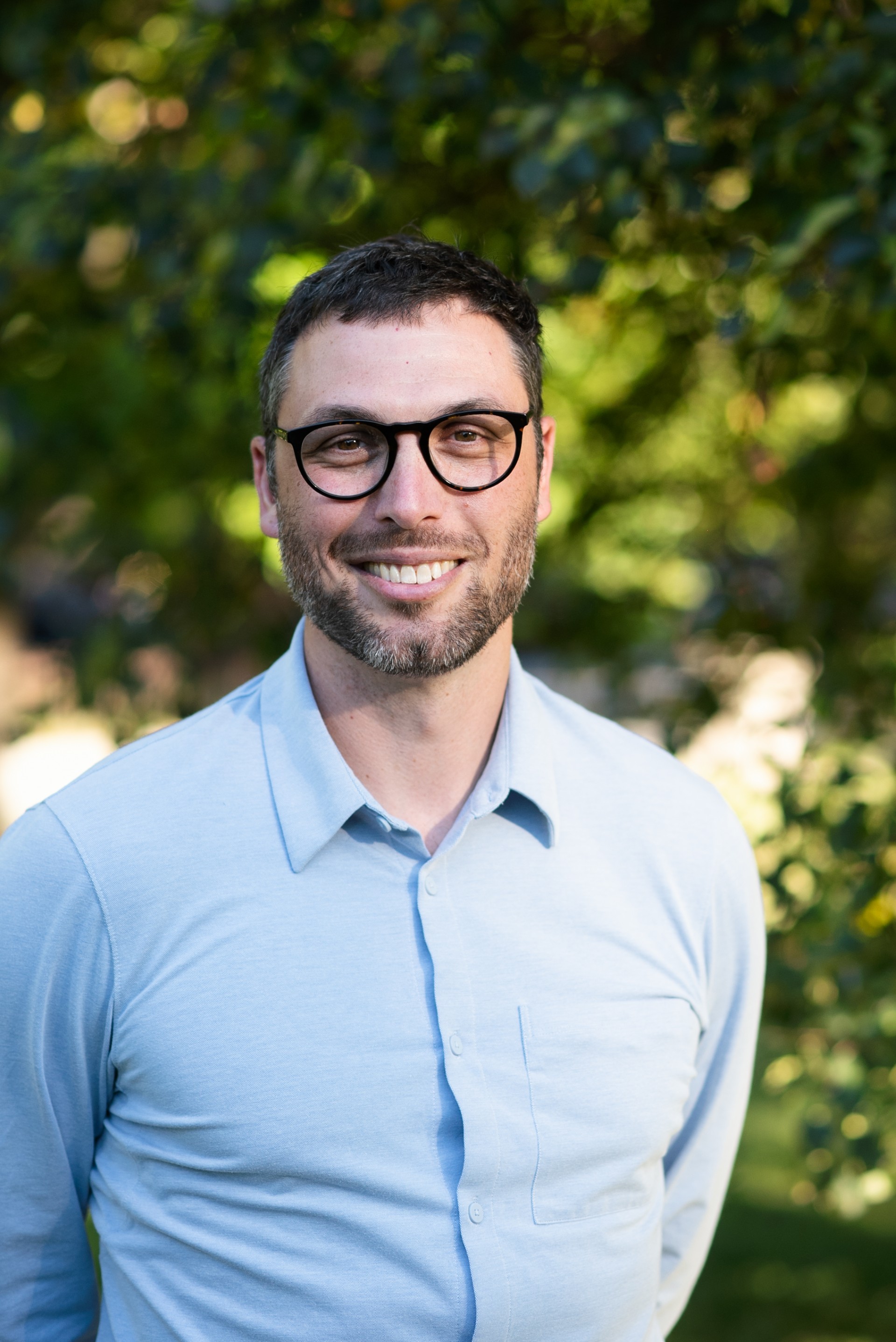
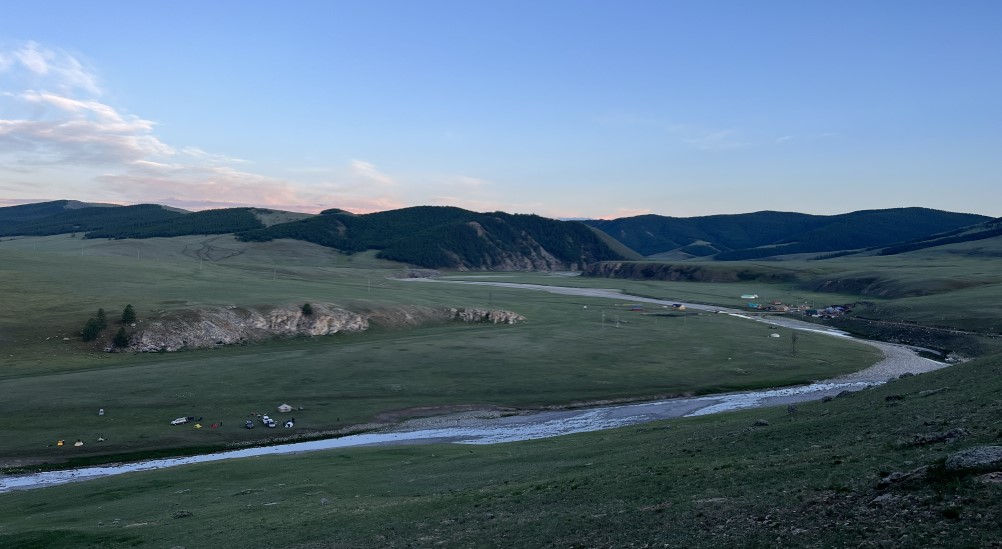 Montana WWAMI students Nick Roman and Rebecca Boylan traveled more than 6,000 miles this summer to join an international medical team in rural Mongolia for what became a transformative experience. Through the Mongolia Exchange Program with BioRegions International (BRI), they worked alongside Mongolian providers in clinics, schools, and villages, an experience that reshaped their perspectives on medicine and culture.
Montana WWAMI students Nick Roman and Rebecca Boylan traveled more than 6,000 miles this summer to join an international medical team in rural Mongolia for what became a transformative experience. Through the Mongolia Exchange Program with BioRegions International (BRI), they worked alongside Mongolian providers in clinics, schools, and villages, an experience that reshaped their perspectives on medicine and culture.
For more than 25 years, BRI has connected Montana and Northern Mongolia through exchanges highlighting the regions’ shared ecological and cultural parallels. Montana WWAMI alum and BRI Medical Director, Daniel Cornish, MD, helps lead the program.
“BioRegions is uniquely positioned to highlight the influential role of geographic and social isolation in shaping public health both in Mongolia and Montana,” Dr. Cornish said. “Mongolia and Montana’s ecological similarities and the similar reliance on livestock and mining create compelling parallels and a powerful lens for our students to reflect on rural health challenges back home.”
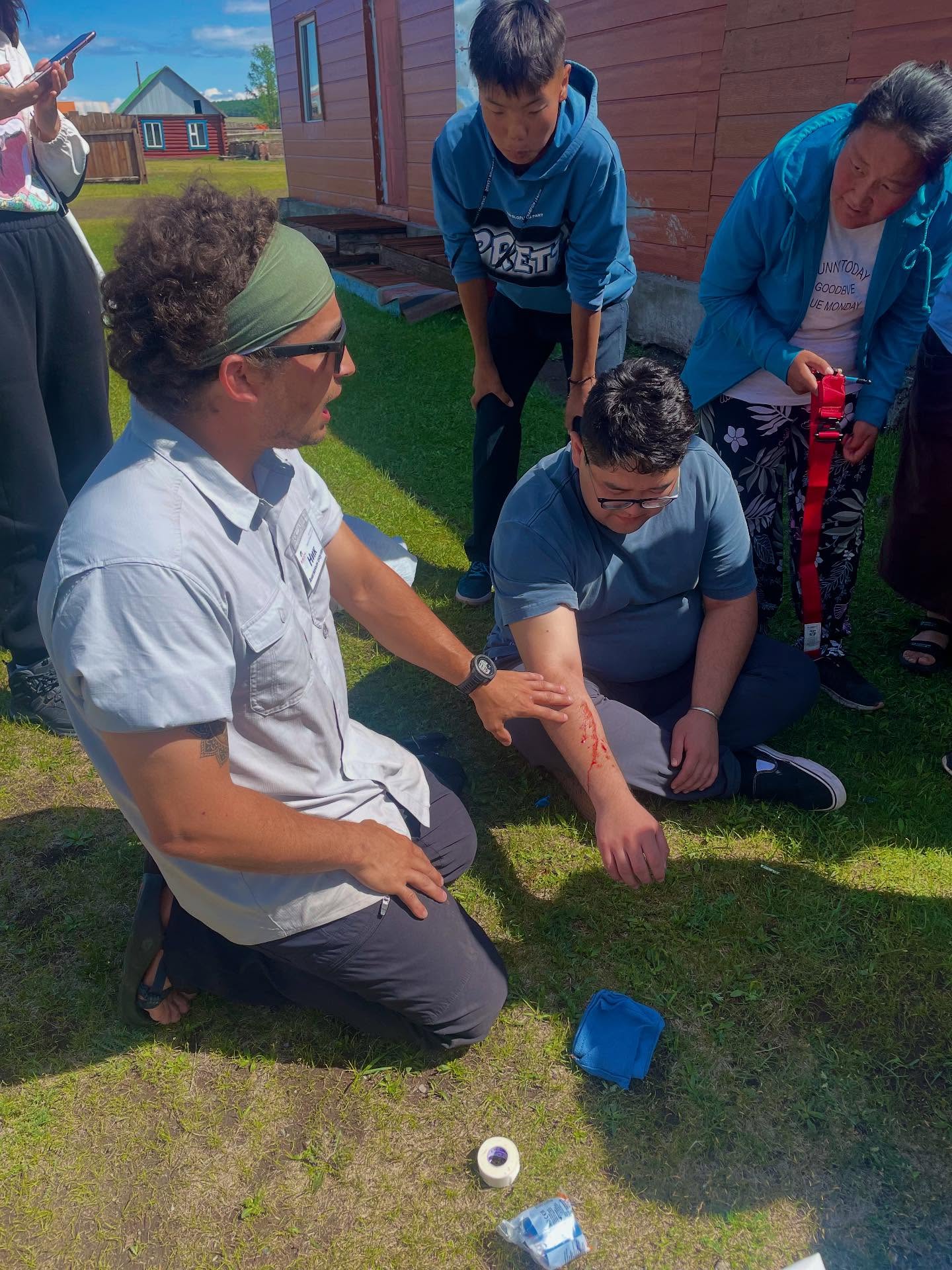
Roman and Boylan began in Ulaanbaatar, Mongolia’s capital, before traveling to remote provinces to set up mobile clinics, provide health education, and launch a hypertension research project.
“The research project can be valuable and have a longitudinal impact on an underserved population,” Roman said. “It is an opportunity that allows students to practice clinical skills under the guidance of a family practice physician in a very intimate, personal and one-on-one fashion.”
During clinic days, the students saw more than 900 patients.
“The people of Mongolia were incredibly kind and welcoming,” Boylan said. “It was amazing to be able to integrate concepts from Foundations into real-time experiences, and in ways that actually mattered for the patients’ health.”
They also drew connections between rural Mongolia and their Montana RUOP (Rural Underserved Opportunities Program) rotations: Roman in Browning and Boylan in Hardin.
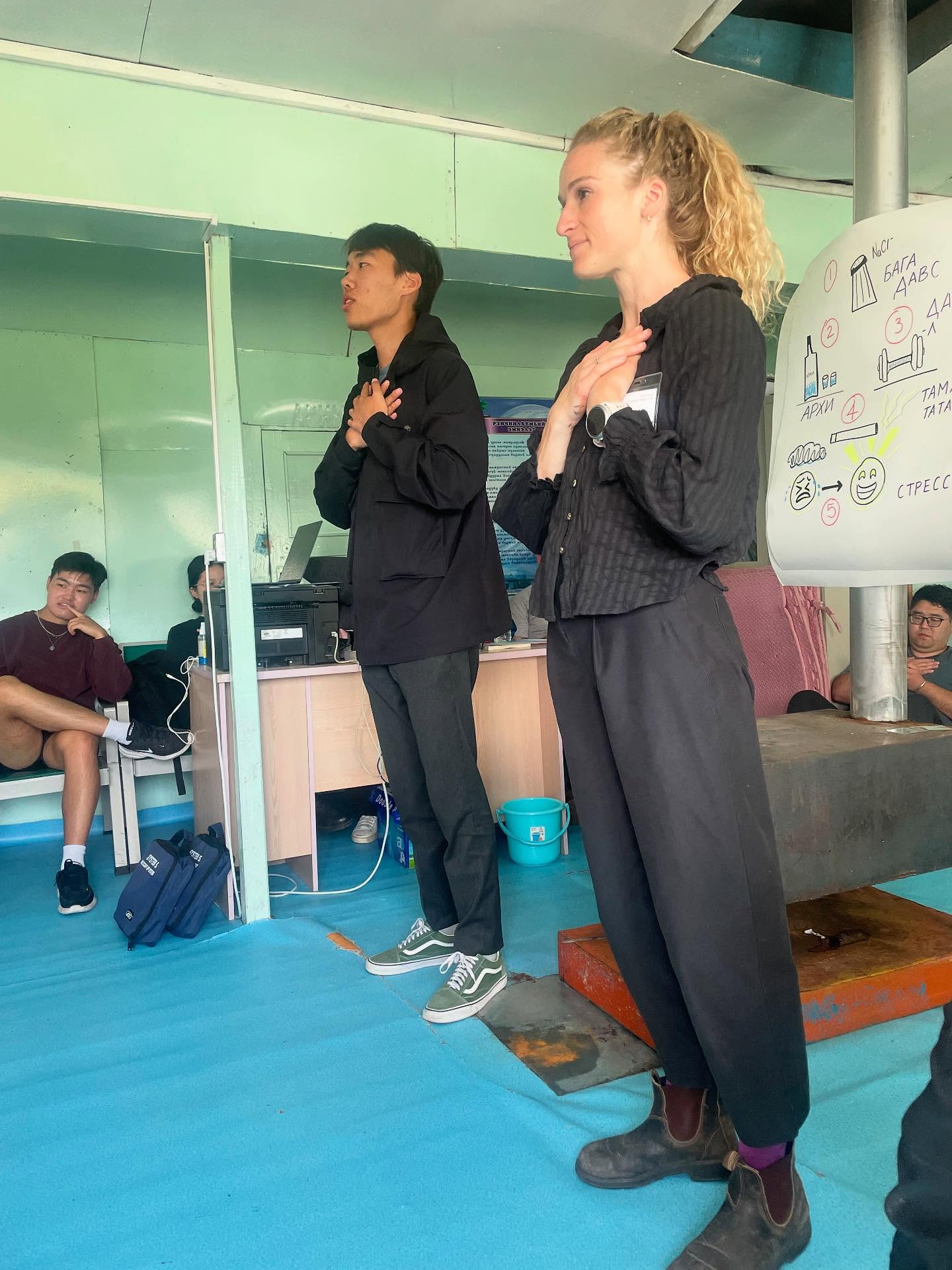
“Many of the people are proud of who they are and hold their heads high with dignity,” Roman said. “These communities face similar health-related issues. There is a high prevalence of hepatitis and substance use disorder in both communities.”
“These experiences greatly widened my understanding and appreciation of different cultures and beliefs while allowing me the opportunity to learn how to navigate culture in a clinical, patient care setting,” Boylan said.
Dr. Cornish noted the exchange’s long-term impact:
“After the summer work experience in Mongolia, students return home to Montana, better equipped to serve their local community,” he said.
Both Roman and Boylan encourage future students to participate.
“Experiencing the richness of the Mongolian culture is a special experience and will broaden your perspective,” Roman said.
“It’s the perfect opportunity to do something outside of your comfort zone while developing flexibility, leadership and teamwork skills,” Boylan added.
Learn more about BioRegions International
